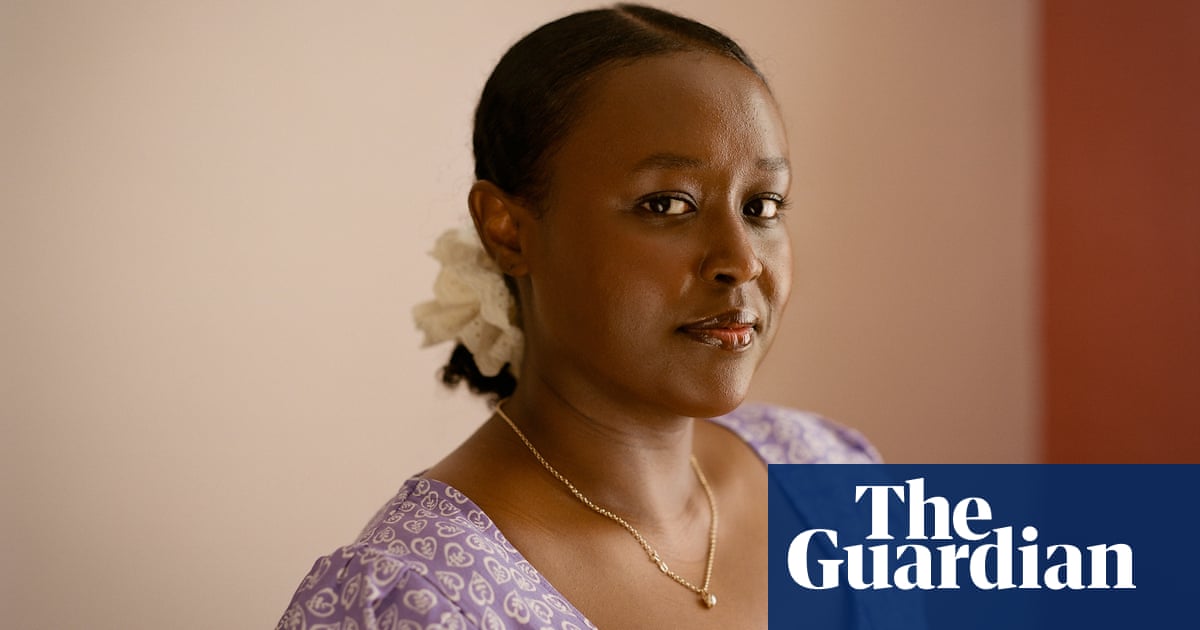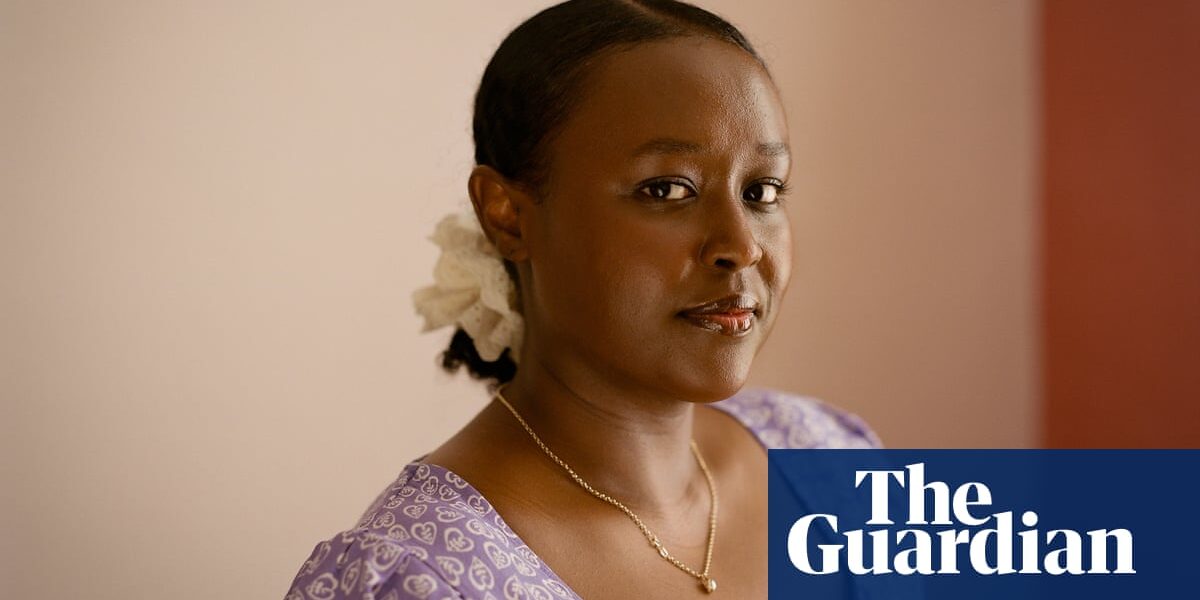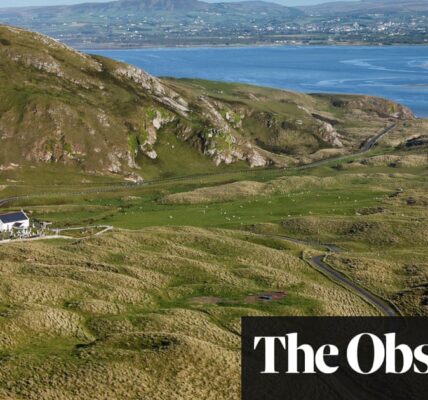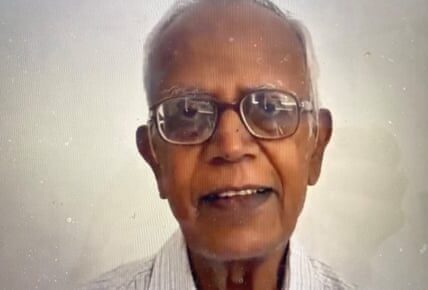
In her first book, Guardian journalist Aamna Mohdin explores her Somali family’s refugee experience in Kenya, Saudi Arabia, the Netherlands and Britain, confronting many different versions of herself in the process. As she rests in a hotel after visiting the Kenyan beach where her mother had landed, heavily pregnant with her, after fleeing the carnage in Mogadishu, Mohdin reflects on a quote from William Faulkner’s novel Requiem for a Nun: “The past is never dead. It’s not even past.”
Reading on, she wonders how much of who she is was determined by those events: “All of us labour in webs spun long before we were born, webs of heredity and environment, of desire and consequence, of history and eternity.” Scattered illuminates the webs that entrap not only Mohdin, but countless others who fled the Somali civil war and many conflicts since.
As the child of refugees, there’s a lot Mohdin knows and doesn’t know about herself: she knows that she spent time in Kakuma refugee camp in Kenya but cannot remember going to school there; she knows that she was separated from both her father and mother when she first arrived in London but the trauma around it has numbed her recollection. The focus and exertion it took to make a life in Britain as a “third-culture kid” has made the past a hazy and disturbing concept.
As her story is recounted to her through multiple conversations with her warm and open parents at their home in East London, on video calls during the pandemic and afterwards in a Turkish restaurant, there is a therapeutic impact for both writer and family. Laughter echoes between them as tales of hardship and survival are retold, but as Mohdin unpicks the impact that these traumatic experiences have had on her, she feels many things again, including the terror of a small child watching her mother being taken away for deportation by Saudi border guards.
As a journalist investigating the refugee crisis in 2015, Mohdin must report dispassionately on the individual tragedies she encounters at the camp in Calais, among people who want to make the journey to Britain to build a new life as she has. But when a charity worker barks at her, mistaking her for one of the refugees queuing for food, we understand that she cannot maintain her detachment. When it is your own loved ones who were, or still are, boarding dangerous boats, clinging on to lorries, or disappearing into detention, you are also caught up in that web of history, desire and consequence.
In the UK, Mohdin’s family grows, settles and flourishes to the point where her father is able to make trips to Somalia to rebuild what they’ve lost there. It is a story that seems inconceivable in contemporary Britain, where politicians – some the children of refugees themselves – focus public anger on those fleeing persecution, closing off routes to safety.
The catastrophe of the Somali civil war and the humanitarian crisis it created is scarcely written about, and when it is, it’s either politicised or aimed at an academic audience. So the startling honesty and intimacy of this depiction of one family’s chaotic quest to find sanctuary feels fresh and important. All the more so because some of Somalia’s most prominent writers were killed during the war, including the first writer of a novel in Somali, Farah Awl, who was murdered while fleeing Mogadishu in 1991. Movingly, the children born around that time are now piecing this story back together.
after newsletter promotion
Source: theguardian.com




